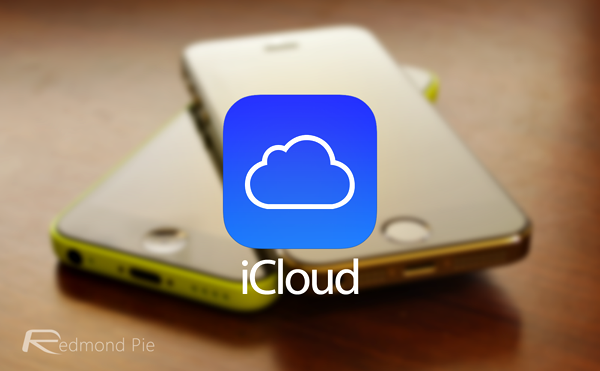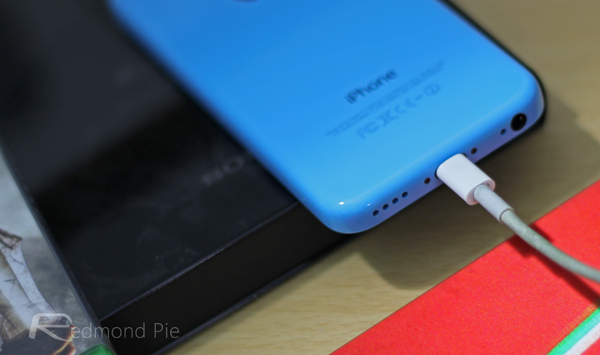According to reports out of The Netherlands, a Dutch-Moroccan hacking firm called Doulci claims to have successfully cracked into Apple’s iCloud infrastructure, allowing the gang to unlock iPhones that would otherwise be completely blocked by the Cupertino company. Given the 400 million strong user base of iCloud, this is a particularly worrying revelation, and since Apple’s robust iCloud infrastructure has never been breached in this way, the repercussions could be significant.
Almost half a million users currently utilize the service, which is packed full of private information and data, but the team is apparently on a quest to unlock ill-obtained iPhones, with some 30,000 devices having been freed in the past couple of days alone.

Given the lucrative nature of iOS devices – in particular the iPhone – Apple introduced a system that meant users could lock prying eyes out of ill-obtained iPhones, with the only way to restore or use said device again being if the correct Apple ID password was keyed in. However, this method – if true – makes a mockery of Apple’s anti-theft measure, and more to the point, iCloud’s security credentials in general.
Without meaning to sound hysterical, this is a massive deal. One of the main reasons why so many folks opt to stick with traditional hard drives rather than invest into the idea of the cloud is due to reservations with security and privacy, and with this Dutch team apparently having a field day after crawling into the service, one has to wonder if this will have a lasting effect on consumer trust in cloud services in general.

Apparently, the team behind the ordeal has intercepted the communication between device and iCloud using an intermediary, with apps falsely led to believe that the spoofing tool in question is a genuine Apple server. From there, the activation apparatus can be meddled with, allowing devices to be unlocked, although one security expert also believes it could be used to read messages and intercept personal data.
Apple has yet to respond to this issue publicly, but a statement would appear forthcoming. We’ll be sure to update accordingly just as soon as Apple releases a comment on the matter, so stay tuned to our coverage.
In the meantime, what do you make of all this?
(Source: Telegraaf.nl [Google Translate])
You can follow us on Twitter, add us to your circle on Google+ or like our Facebook page to keep yourself updated on all the latest from Microsoft, Google, Apple and the Web.

